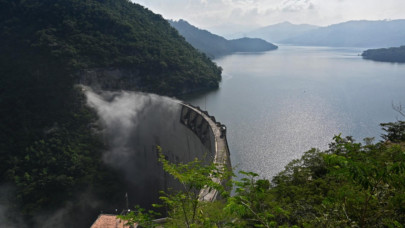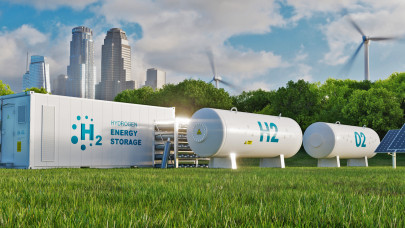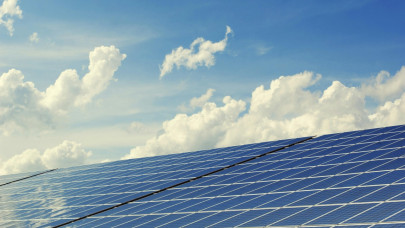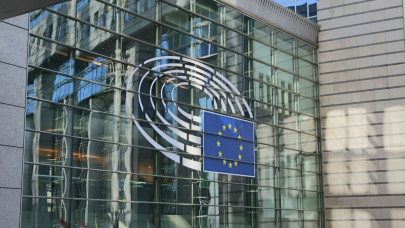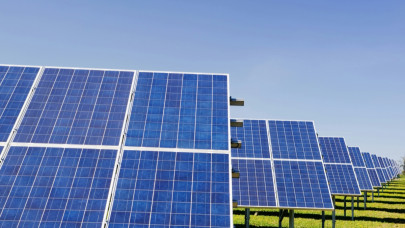"Balancing energy supply and demand, especially for electricity, will become more challenging in the future as the share of renewable sources increases, given the inherent variability of electricity supply from wind and solar technologies. National Energy Systems will adapt to these new challenges and opportunities, and Romania will be no exception. We need to move from discussions about advanced technologies to their implementation. Investments in distribution and transportation infrastructure, storage, and SMART GRID are mandatory. Romania has the lowest electricity consumption per capita in Europe, and if we want to transition to a green economy, we will need to increase this consumption at the expense of fossil fuels (gas, wood, etc)," said the president of APCE.
In decarbonization efforts, electricity is expected to become the dominant energy source, while natural gas and oil-based fuels, such as gasoline and diesel, will gradually decrease in share.
At the same time, APCE explained that the current electricity system is demand-driven, and production can be increased and decreased to match changes in electricity demand.
However, the future electricity system is supply-driven, and the level of solar and wind energy production depends on the time of day, season, and weather conditions.



